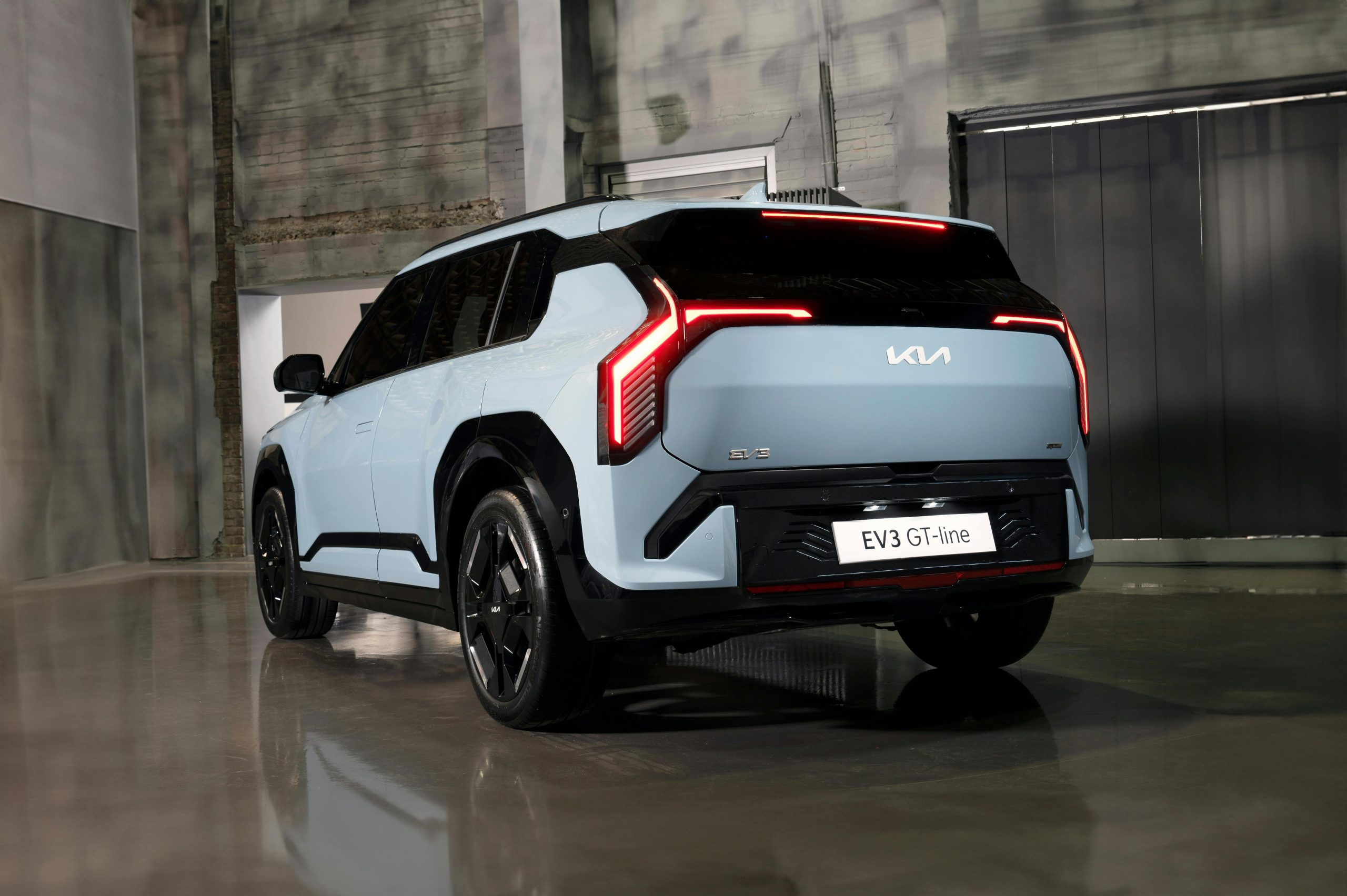Solid-State Batteries: Revolutionizing Electric Vehicle Range
Electric vehicles (EVs) have become increasingly popular in recent years, offering a cleaner and more sustainable alternative to traditional gasoline-powered cars. However, one of the main limitations of EVs has been their range – the distance they can travel on a single charge. But that could all be about to change with the development of solid-state batteries. These revolutionary new batteries have the potential to significantly increase the range of electric vehicles, making them a more viable option for everyday use. In this article, we will explore how solid-state batteries are set to revolutionize electric vehicle range, and what this could mean for the future of transportation.
The Limitations of Traditional EV Batteries
The main factor affecting the range of an electric vehicle is its battery. Traditional EV batteries, also known as lithium-ion batteries, are composed of liquid electrolytes and have been the standard in the industry for many years. While they offer an improvement over traditional lead-acid batteries, they still have limitations when it comes to range. The liquid electrolytes in these batteries restrict their energy density, making it difficult to store enough energy for long-distance travel.
Add to this the fact that lithium-ion batteries also degrade over time, losing their capacity to hold charge, and it becomes clear that they are not the most efficient solution for electric vehicles. This is where solid-state batteries come in.
What Are Solid-State Batteries?
Solid-state batteries are the newest innovation in battery technology. As the name suggests, they are composed of solid materials, rather than liquid electrolytes, which enables them to have a higher energy density. This means they can store more energy and provide a longer range for electric vehicles.
These batteries use a solid electrolyte instead of a liquid one, which not only allows for increased energy density but also eliminates the risk of fire – a common concern with lithium-ion batteries. Solid-state batteries also have faster charging times compared to traditional batteries, as they do not experience the same heat buildup during the charging process.
The Advantages for Electric Vehicles
The key advantage of solid-state batteries for electric vehicles is their potential to significantly extend the range of these vehicles. With a higher energy density, they can store more energy, meaning electric vehicles can travel further on a single charge. This would greatly reduce the range anxiety that EV drivers often experience and make electric vehicles a more practical option for long-distance travel.
Furthermore, the increased durability and faster charging times of solid-state batteries mean they could have a longer lifespan, reducing the need for frequent battery replacements. This would reduce overall costs for EV owners and make electric vehicles a more economical choice in the long run.
The Impact on the Electric Vehicle Industry
The development of solid-state batteries has the potential to revolutionize the electric vehicle industry. It could open up new possibilities for electric vehicle usage, making them a more viable option for day-to-day activities, as well as longer trips. This, in turn, could lead to a decrease in the use of traditional gasoline-powered vehicles, reducing carbon emissions and promoting a cleaner environment.
Furthermore, the increased popularity of electric vehicles could drive further research and development in this area, leading to even more advanced and efficient battery technology. This could have a ripple effect across various industries, from transportation to renewable energy, contributing to a more sustainable future.
Challenges and Future Outlook
While the potential benefits of solid-state batteries for electric vehicles are undeniable, there are still challenges that need to be addressed before they become a mainstream option. One major challenge is the high cost of production, as the technology is still relatively new and not yet mass-produced. However, with the growing demand for electric vehicles and advancements in technology, it is expected that these costs will decrease over time.
In terms of the future outlook, several major automotive and technology companies are already investing in the development of solid-state batteries. These include Toyota, BMW, and Dyson, among others. This indicates that there is a strong interest in this technology and its potential to revolutionize the electric vehicle industry.
Conclusion
Solid-state batteries are set to revolutionize electric vehicle range, offering a more efficient and sustainable alternative to traditional lithium-ion batteries. With their higher energy density, faster charging times, and increased durability, they have the potential to significantly increase the range of electric vehicles, making them a more practical option for everyday use. While there are still challenges to be overcome and further research and development to be done, the future looks bright for solid-state batteries and their impact on the electric vehicle industry.









